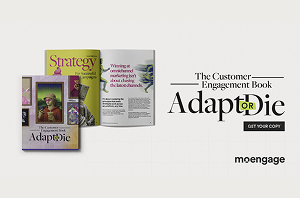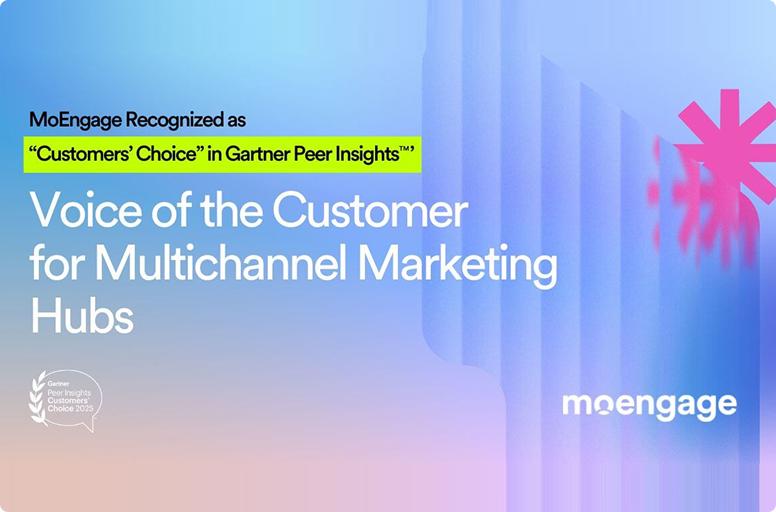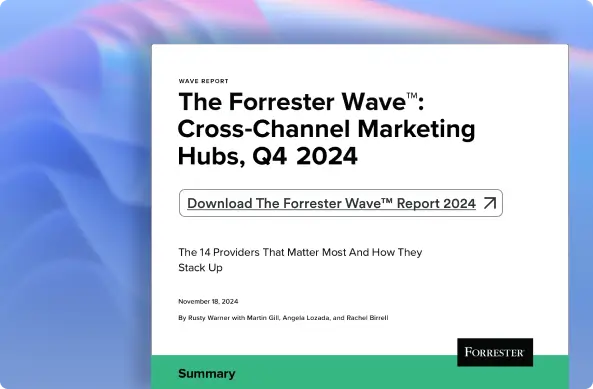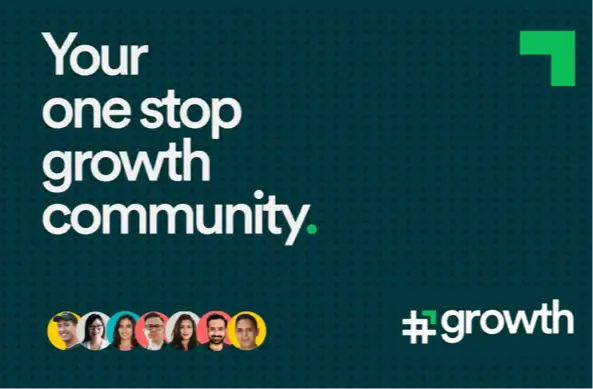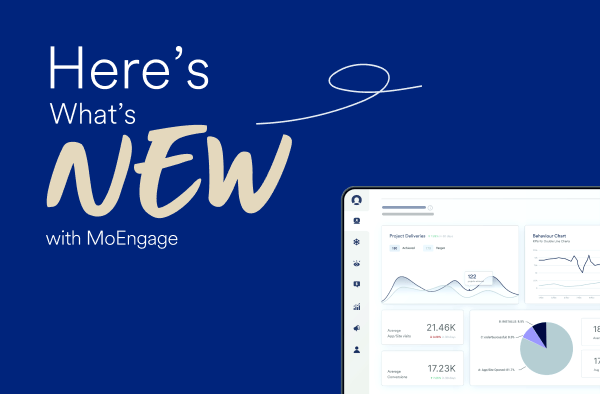Data Security: Privacy vs Personalisation for Australian Brands
This article examines the tightrope Australian companies walk, balancing personalised marketing with strict data privacy. Get the latest trends and in-depth insights into the evolving strategies and challenges backed by industry expert opinions and real-world examples.
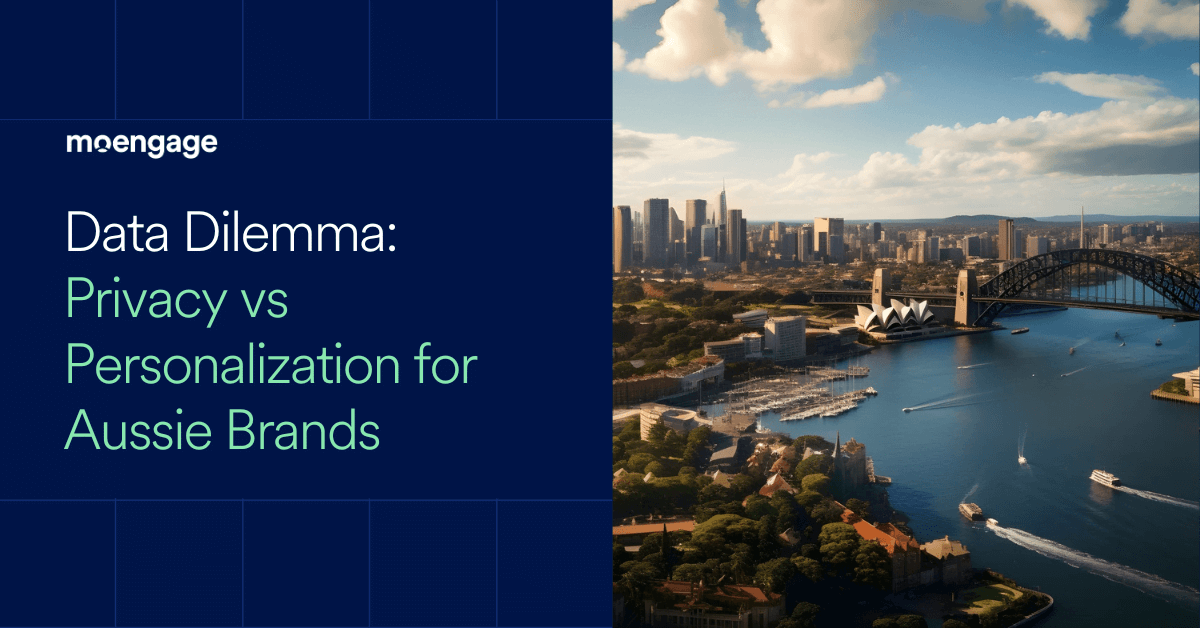
Reading Time: 6 minutes
The Scoop
According to Google, 90% of leading marketers say personalisation significantly contributes to business profitability.
And 71% of customers want businesses to provide personalized experiences. However, 76% are frustrated when this does not occur.
Today, we’re plunging head-first into a topic that’s stirring up major buzz among all Australian consumer brands: Privacy vs. Personalisation in the realm of customer experiences. This debate, as multifaceted and animated as a fiercely contested Ashes series, has marketers and consumers alike on the edge of their seats. Recently, I had the pleasure of delving into a couple of exciting panel discussions hosted by MoEngage in Australia, featuring a lineup of experts from various industries and diverse backgrounds, each bringing a wealth of knowledge and perspective to the table.
Actionable Insights from Industry Experts
- Guillaume Papillon, Head of Marketing, Mable
- Sarah Miles, Ex Chief Privacy Officer, Australian Broadcasting Corporation (ABC)
- David Fodor, Head of Strategy – FSI, Amazon Web Services (AWS)
- Raj Shah – National Key Account Manager, Vonage
- Nick Eshkenazi – Ex Chief Digital Officer, Prezzee
- Chris Brinkworth – Managing Partner, Civic Data
- Richard Knott – General Manager, Infosum
- Michael Ricciardone – Country Manager – ANZ, MoEngage
Understanding the Personalisation Paradox
Guillaume Papillon from Mable (a bit like the Uber of the disability and healthcare sector), a platform that connects folks with disabilities, older Australians, etc., to support workers, highlighted the critical role of personalisation. He painted a picture of personalisation not just as a marketing tool or method but to use engagement touch-points (signals) throughout their customers’ journey. They then optimised their channels with the right messages for both (online and offline) to better cater to their customers’ needs and experience.
They also segmented their customers on these signal-focused cohorts to ensure that personalisation is leveraged correctly and simply delivers better results.
According to a McKinsey study, companies that thrive at personalisation earn 40% more money from these activities than their competitors.
Imagine traversing the dense Daintree Rainforest with its lush canopies and hidden wonders. Personalisation is like having a seasoned guide who not only knows the trails but also understands your pace, interests, and fears. This guide is adept at reading subtle cues, ensuring the journey is enlightening and respectful of your boundaries. When executed with finesse, personalisation enhances customer experience just as a skilled guide enhances your rainforest exploration.
The Privacy Shield: Navigating Legal and Ethical Boundaries
Sarah Miles, representing ABC, highlighted the importance of data governance and regulatory compliance. You can liken it to the rules of cricket – you need to know them to play the game right. In the digital world, these rules are the privacy laws and ethical standards businesses must adhere to. Like a cricketer respects the game’s laws, companies must respect these boundaries to maintain customer trust.

The Role of Informed Consent
90% of customers are open to disclosing their behavioural data in exchange for extra perks that make purchasing cheaper or more straightforward. But that doesn’t mean customers shouldn’t be informed about the behavioural data they are handing over to brands.
A significant takeaway from the discussion was the significance of informed consent in data collection and usage. Brands are encouraged to have a transparent dialogue with their legal teams to understand the implications of privacy laws on their marketing strategies. This transparency also extends to the consumer level, where customers should be clearly informed about how their data is being used. This increases trust between the customer and the brand, boosting your retention, loyalty, and customer lifetime value.
Transparency: The Heart of Trust
Transparency in data handling is as crucial as honesty in a game of Two-Up. It builds trust when brands clearly understand why they collect data and how it benefits the customer. It’s about being as transparent as a pristine Great Barrier Reef lagoon. Customers appreciate knowing what’s happening with their data, much like a snorkeler enjoys clear waters to view the marine life below.
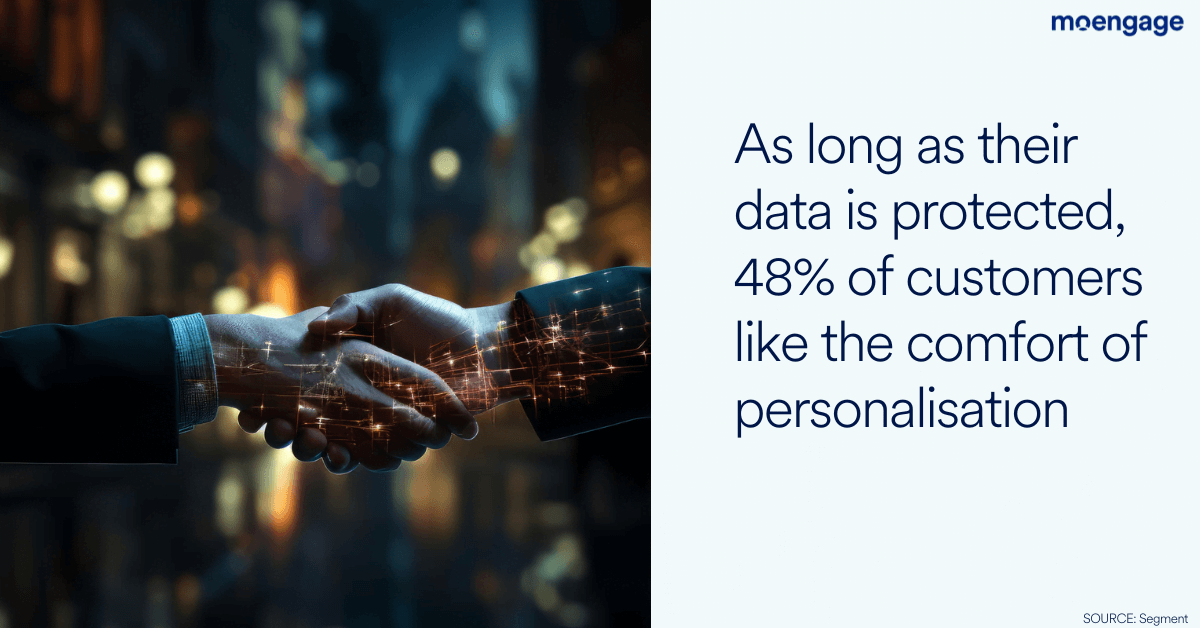
Tackling Fraud and Ensuring Data Security
A McKinsey study found that 87% of customers would not do business with an organisation if concerns were raised about its security policies.
Raj Shah from Vonage underscored the importance of security in customer data handling, especially in the banking sector. He highlighted innovative measures like location-based data validation and multi-factor authentication to combat fraud. This approach reflects a growing trend in the industry towards leveraging advanced technology to enhance data security.
The Future of Data Handling: Tokenisation and Minimisation
David Fodor from AWS brought an interesting perspective on the future of data handling. He suggested a shift towards tokenisation, where data is not stored by third parties but accessed via tokens issued by the data owner. This approach significantly reduces the risk of data breaches and aligns with the principles of consumer data rights.
Balancing Personalisation with Privacy in Financial Services
David points out that the financial services sector is relatively advanced in balancing data privacy with personalisation. The industry’s inherent risk management nature means it has long been adept at using data responsibly. However, there’s an ongoing need for improvement in explicit and implied consent areas.
Transparency in targeted advertising can increase revenue by 38%.
Preparing for the Inevitable: Data Breaches
Insights from UK-based analysts Juniper Research estimated that Australian businesses had lost at least $US 1.97 billion to ad fraud in early 2023 (estimated to be tripled by the end of 2023), far surpassing the $US 1.32 billion defrauded in 2022.
Data breaches are the thunderstorms of the digital world – often unexpected and potentially destructive. Sarah Miles stressed the need for a robust plan to handle these crises. Like preparing for a bushfire season, businesses must be ready to act swiftly to minimize damage, protect their customers, and restore normalcy as quickly as possible.

On the flip side, data management and security technology are evolving rapidly” with particular importance on the following:
- To be future-ready
- Investment in data clean rooms
- Identity resolution
- Profile unification
- Effective management and disposal of data
The brands that can firmly establish themselves with the aforementioned criteria and processes are the ones that will thrive and achieve personalisation-led growth.
Distinguishing Security from Privacy
Richard Knott of Infosum shed light on differentiating security from privacy. It’s like comparing Rugby League to Rugby Union – related but distinct. Security is the how, and privacy is the what. It’s essential to have strategies for both, like different game plans for each sport.
The Evolving Role of AI and Machine Learning
Nick Eshkenazi from Prezzee addressed the role of AI and ML in this balancing act. He warned against jumping on the AI bandwagon without understanding the basics of data management. It’s akin to using advanced cricketing gear without mastering the basics of the game. AI and ML can be game-changers for your brand, but only when used on a solid foundation of data integrity.

Future Trends and Predictions
What does the future hold for privacy and personalisation as we look toward the horizon?
It’s evident that Australian brands must adapt to a new landscape where privacy is not just a compliance requirement but a core aspect of customer trust and brand reputation. This adaptation requires a deep understanding of new privacy laws, a commitment to transparent data practices, and a willingness to innovate in personalisation techniques that respect customer privacy.
When it comes down to it, it’s all about how much data your customers are willing to share to have a personalised experience. Your brand’s perception and trust among customers can show you how much data your customers are willing to share. MoEngage, as your friendly neighbourhood personalisation expert, can help you strike the right balance.
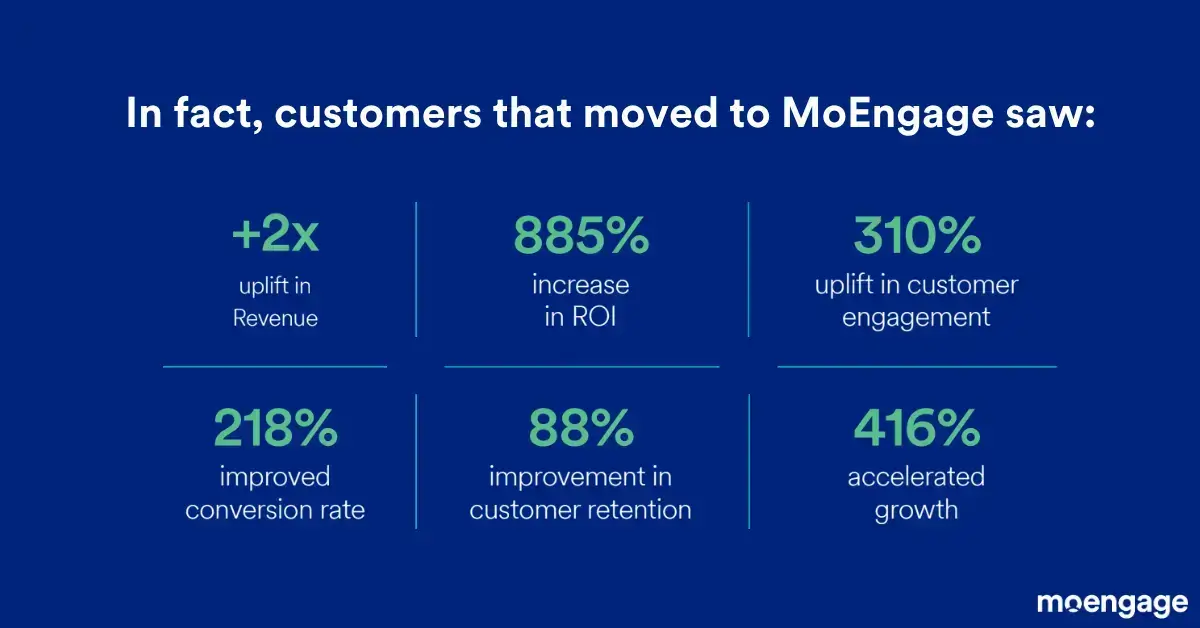
What Next for Australian Consumer Brands?
Wrapping up this topic, it’s clear that privacy and personalisation are two sides of the same coin. They’re like a well-cooked Pavlova – needing the right balance of crispness (privacy) and softness (personalisation) to be perfect. Businesses must navigate this landscape with care, transparency, and a focus on customer needs.
More importantly, Aussie brands are now realizing and leveraging the importance of agile customer engagement platforms (CEPs), where all the privacy and personalisation standards have been set in place, gaining customer trust. This partnership ensures they can walk the privacy vs. personalisation tightrope with balance, never constantly looking down or back at past challenges. Cheers to mastering this balance!
Talk to a MoEngage personalisation expert today!
More like this:
|

